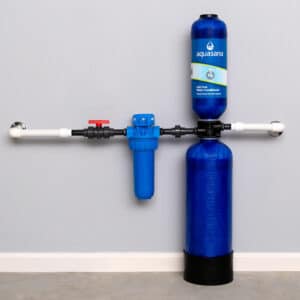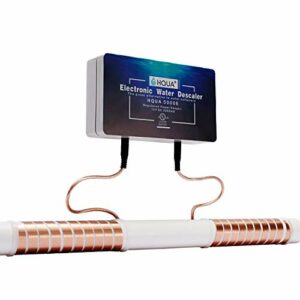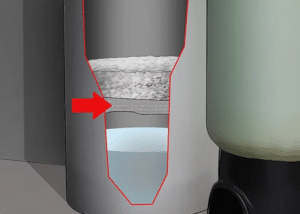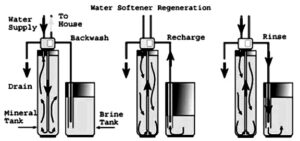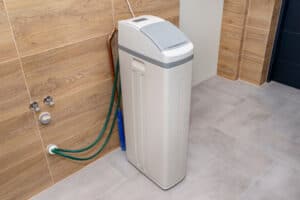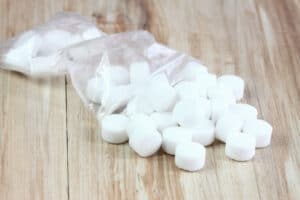Water softeners are useful devices that remove impurities from your water supply so that it is clean. Like many appliances, though, they require some care and can sometimes stop working. You may be wondering, “How do I know if my water softener is working?”
We are going to address that and help you improve your water’s quality.
How Do I Know If My Water Softener Is Working?
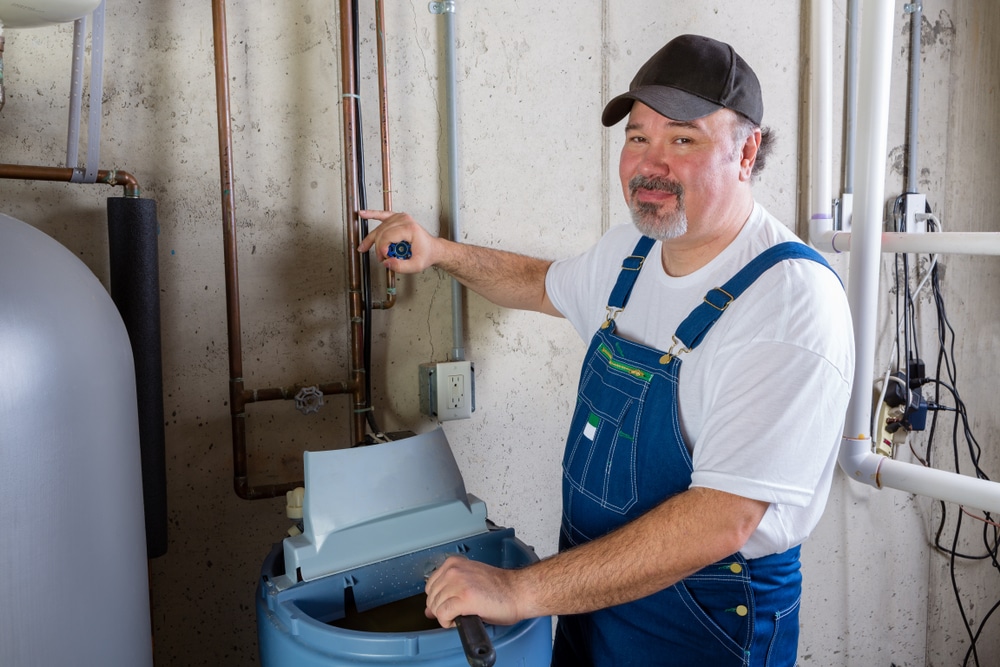
If you know what you look for, identifying issues with your water softener is not strenuous. Below are some things that tell How to tell if your water softener is working.
1. Your Water Tastes Clean and Doesn’t Cause Skin Irritation

Hard water has an unpleasant taste compared to when it’s softened. Since hard water has a high mineral content of magnesium and calcium, hard water often tastes like another common mineral: salt. If your water contains a high amount of iron, it will taste metallic, which is also unpleasant.
Hard water also does not agree with your skin. It will cause dryness and irritation, whereas softened water affects your skin very little.
Your water should taste neutral. If it has a neutral taste and does not irritate your skin, your water softener is in good shape.
2. Your Water Is Clear
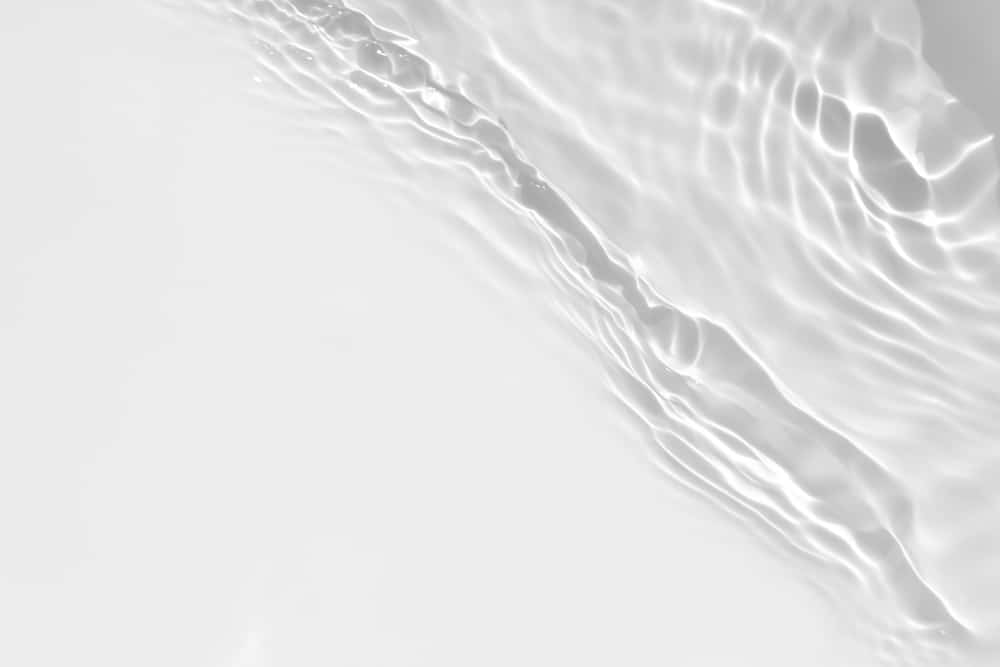
A few factors play into your water not being as clear as it should be. Chemicals used in city water plants can cause liquid discoloration. The water may appear slightly brown or yellow, and this is a sign that your water softener is not properly filtering out these chemicals.
Something else that causes water discoloration is fluoride. This result also comes from many water plants and can disrupt the water’s clarity.
Water should be clear. If you look at your water through clear glass and see no signs of discoloration, your water softener is properly filtering out unwanted chemicals.
3. There Are No Signs of Hard Water
If your water softener works properly, there should be no signs of hard water. Hard water contains dissolved minerals. These minerals are most commonly magnesium or calcium. While a mineral such as calcium can be desirable for our diets, how it manifests in water is not something you want.
One of the easiest and most tell-tale signs of high magnesium and calcium levels show up on your dishes. When you wash your dishes with tap water or use the dishwasher, you will likely see a build-up of white, powdery spots on anything you wash. So, an answer to the question “How do I know if my water softener is working?” can be if you have clean dishes after you wash them, it’s working.
4. Your Soap Lathers
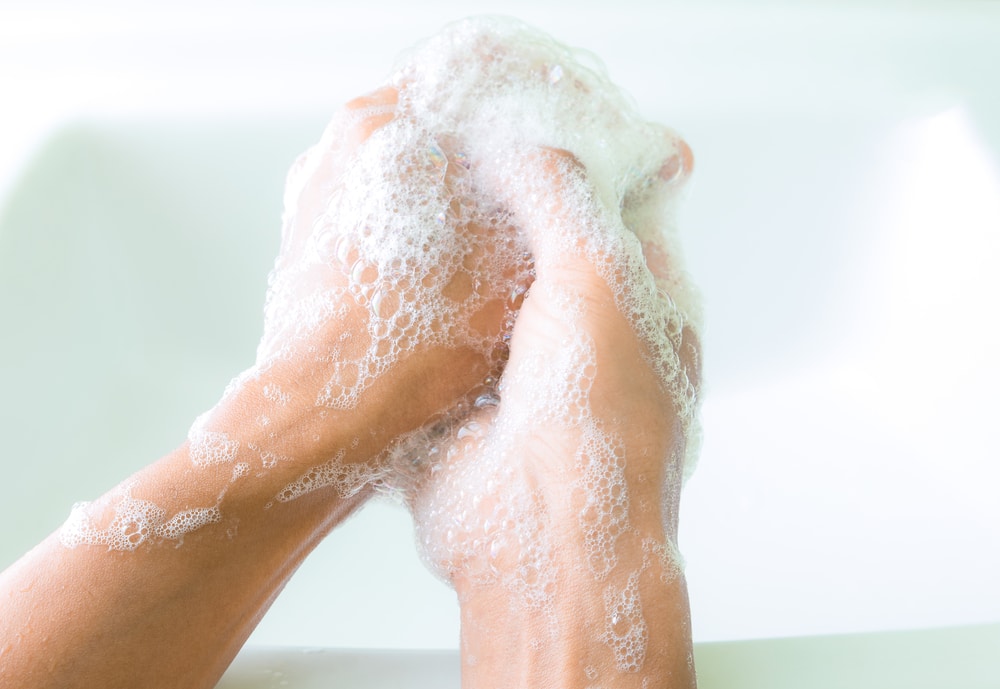
Although not the most accurate test, one way to tell if your water softener is working is by seeing if soap lathers in it. Most soaps should lather when used with water and worked into a certain texture. You should expect your hand soap, dish detergent, and shampoo to all lather.
If the soap does not produce a nice frothy formation of bubbles and suds, it’s likely your water softener is not working the way it should be.
What to Do to Improve Water Softener Performance
You may still be wondering, “is my water softener working?” If you feel that your water softener is not functioning the best it can, then here are some tips to improve its performance.
1. Keep Your Water Softener Clean
As with many machines and instruments, water softeners must be maintained. Various forms of debris and dirt can cause your water softener to clog. In some cases, you may need a sediment filter. Sediment is the broken-down material that occurs over time from weathering and decay, usually in situations that involve water.
Minerals like iron or manganese can build up in a water softening system and prevent it from functioning properly. This is called fouling and cleaners exist to mitigate this issue from occurring.
Before you soften your water, you should decontaminate it. If you do not disinfect the water, fungi or bacteria may grow in and around the mechanism. These unwanted growths can also cause blockages and malfunctions of your softener.
2. Set Your Regeneration Cycle Appropriately
The water softener’s regeneration cycle is how often the tool softens the liquid flowing into your home. How often you do this depends on the incoming water quality and how often you use water in your house.
It may take some trial and error for you to discover the right number of times your water softener should execute its regeneration cycle. The right number may be anywhere between one and seven times, depending on the aforementioned factors.
Since the regeneration cycle does not produce soft water during the process, you should schedule this activity at a time that suits the household. The regeneration cycle is also noisy. You should schedule the process during a time where you will not use much water, and the residents will not experience disturbances due to the sound.
3. Make Sure You Are Choosing the Right Salt
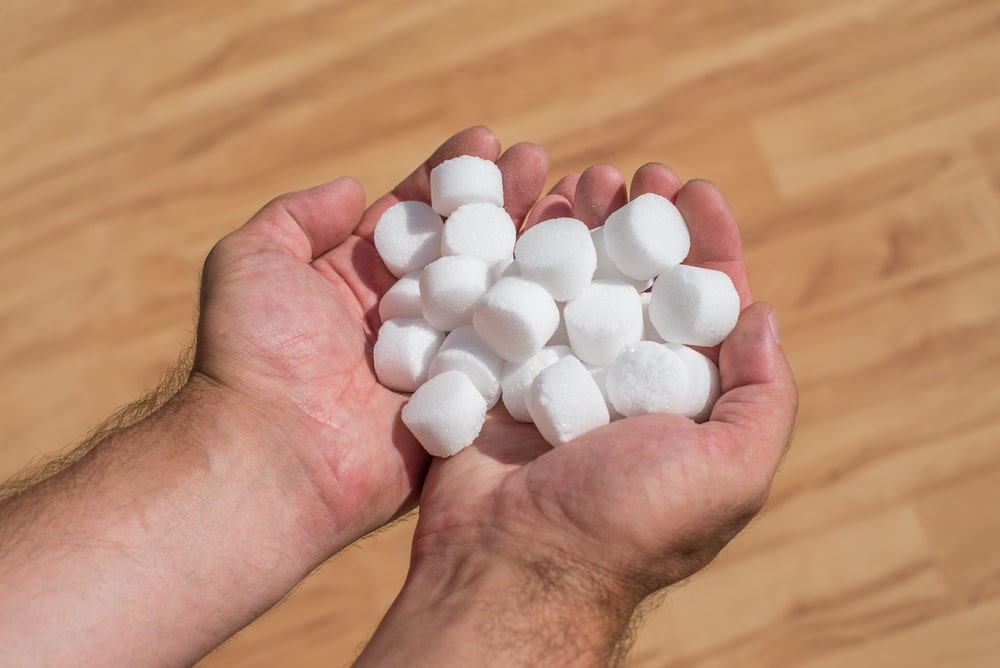
There are three primary salt types for your water softener: rock, solar, and evaporated. They vary in price and effectiveness. Your water supply may not be severely tainted and therefore not need the most expensive salt options. On the other hand, your water softener may need high-quality salt so that it can perform well and last a long time.
Rock salt is the most inexpensive, but it has the most impurities. Solar salt dissolves better than rock but evaporated salt is the best option for a water softener. It’s the purest version of salt and performs excellently.
Don’t like using salt? Get a salt free water softener instead.
Conclusion
Hopefully, this article helps answer the question “How do I know if my water softener is working?” Understanding what to look for helps diagnose any potential issues with your water softener. Having a few tips on what to address if there is a problem can prevent issues from worsening or from occurring in the first place so that your water stays pure and clean for years to come.

